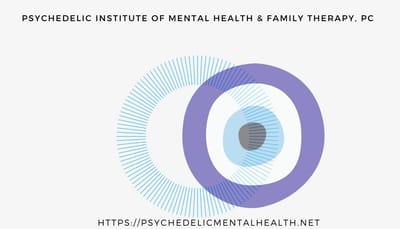Telehealth in Psychotherapy

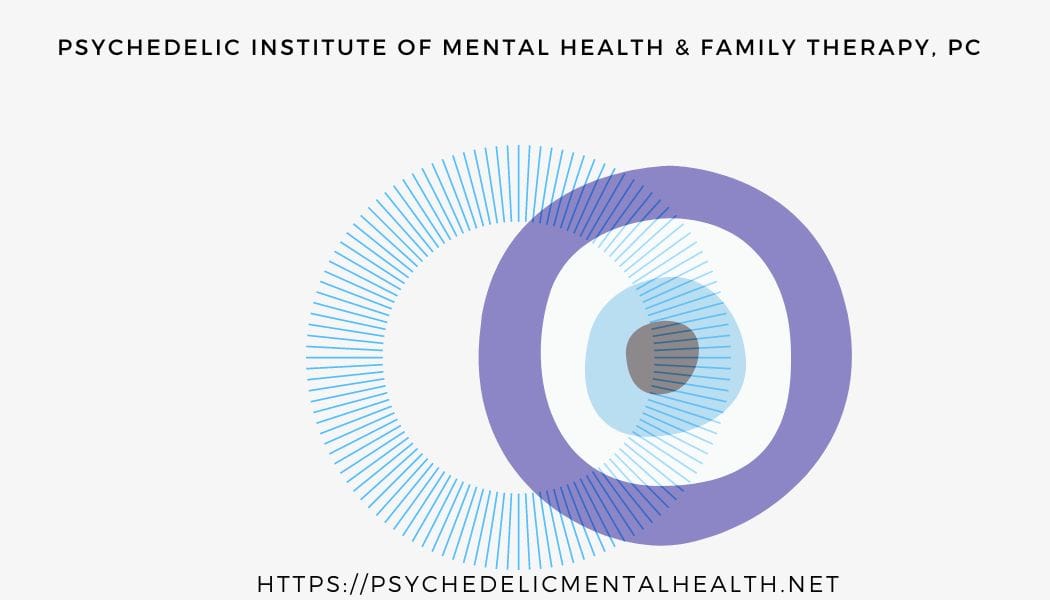
Telehealth: A Review of the Literature
Telehealth, or working remotely with a mental health provider, has been studied for decades, and more recently has shown to be a useful support in ketamine-assisted psychotherapy
Research on cognitive behavioral therapy and other mental health via telehealth spans over 20 years, as well as other mental health interventions delivered remotely.
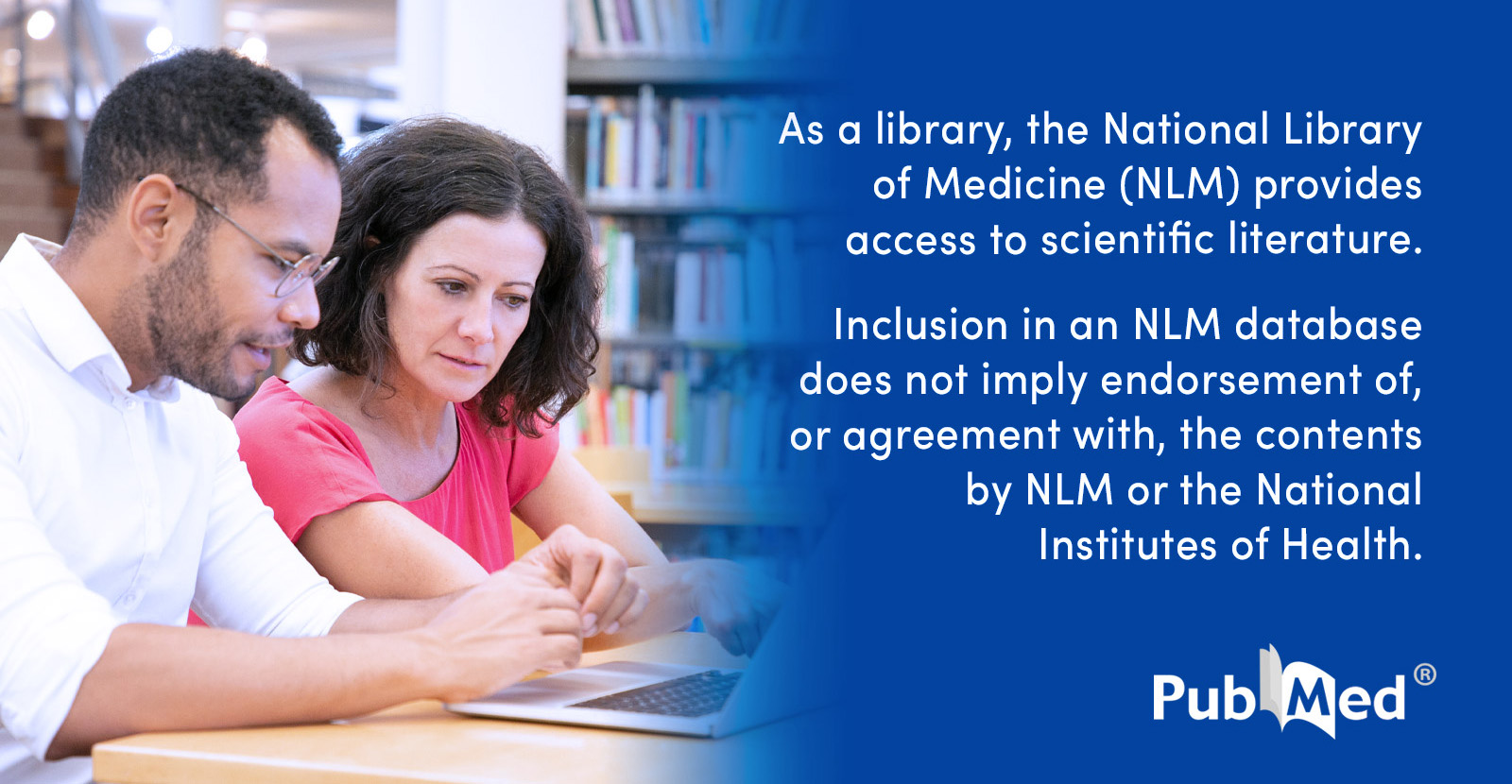
(2003) Telemedicine increases access to psychological interventions by linking the child and the clinician using videoconferencing (VC). The current study evaluated an 8-week, cognitive-behavioral therapy (CBT) intervention for childhood depression either face-to-face (F2F) or over VC. The CBT treatment across the two conditions was effective. The overall response rate based on post-evaluation with the K-SADS-P was 82%. For the CDI total score, both the Time and the Group by Time effects were significant (p < 0.05). The interaction effect reflected a faster rate of decline in the CDI total score for the VC group.
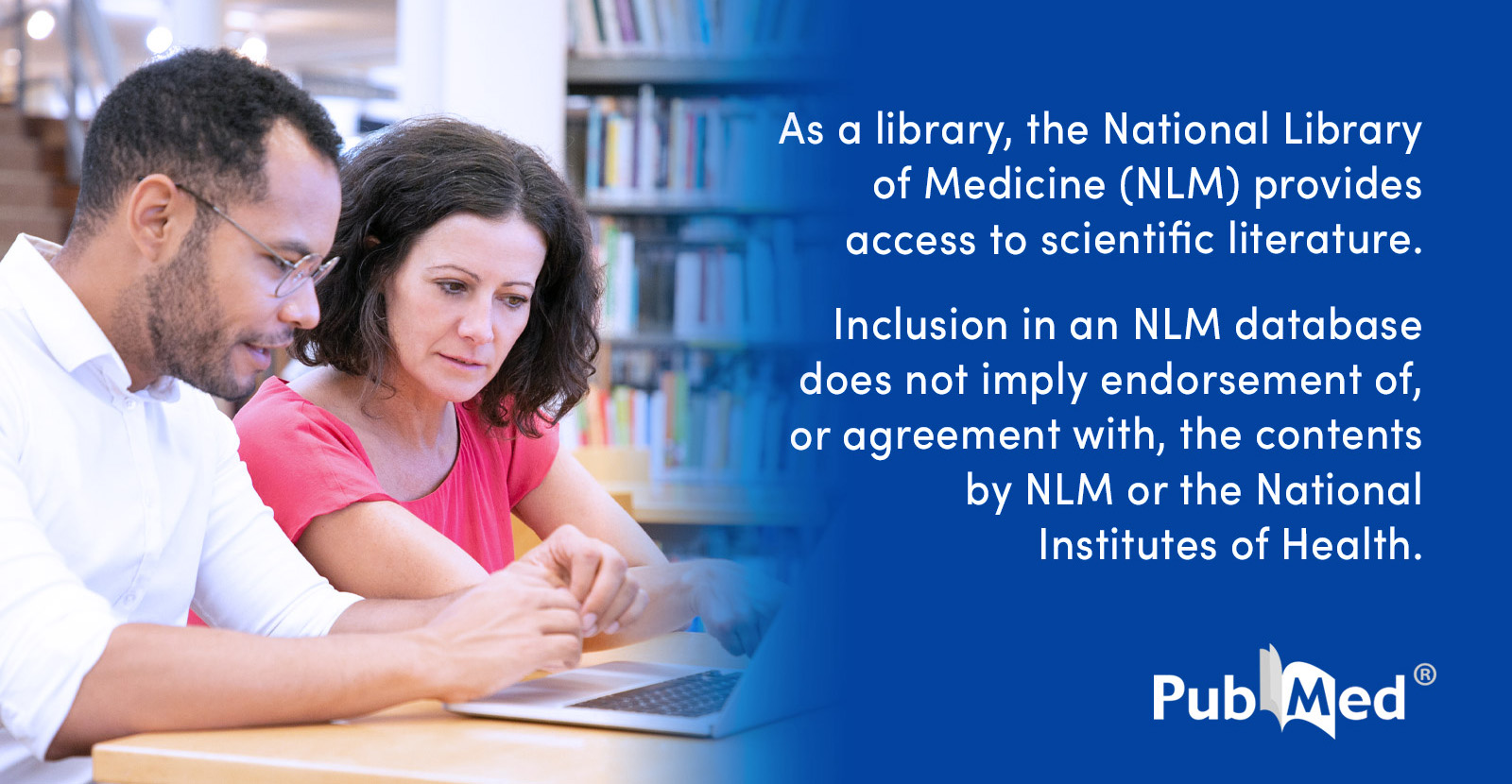
(2004)- Results showed that CBT delivered by videoconference was as effective as CBT delivered face-to-face. There was a statistically significant reduction in all measures, and the number of panic-free participants among those receiving CBT by videoconference was 81% at post-treatment and 91% at the 6-month follow-up. None of the comparisons with face-to-face psychotherapy suggested that CBT delivered by videoconference was less effective. These results were confirmed by analyses of effect size. The participants reported the development of an excellent therapeutic alliance in videoconference as early as the first therapy session.
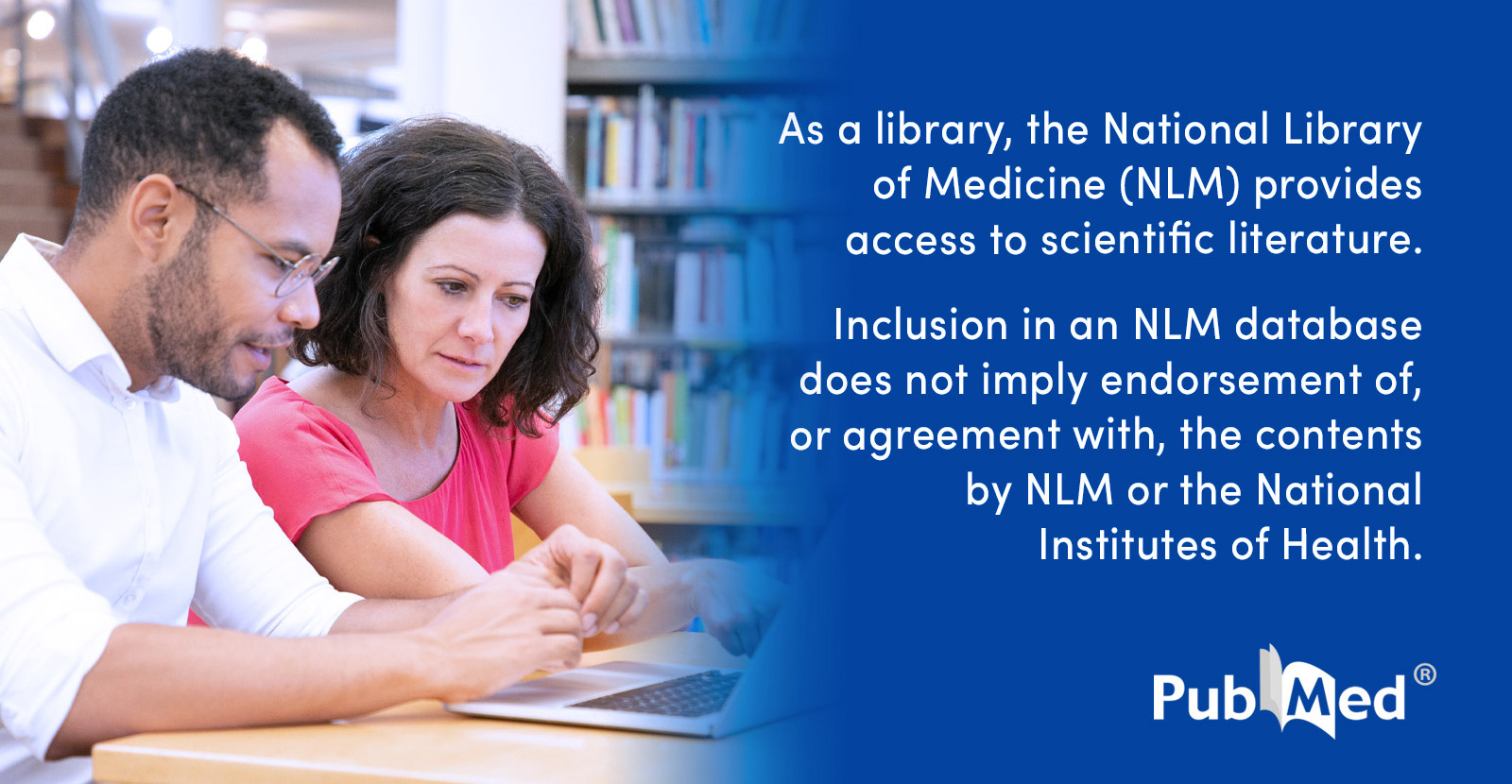
(2006) "First, each case manager was instructed in the use of telemedicine for clinical consultation, and given training in CBT. This was done via videoconference. Then the clients were introduced to telemedicine. Following six to eight intensive weekly sessions of CBT, there was improvement in certain clinical outcome measures (i.e. the Mental Health Inventory and the Health of the Nation Outcome Scale). There was a significant improvement (P<0.05 using a t-test) in the client Mental Health Inventory scores before (mean = 109) and after treatment (mean = 148)."
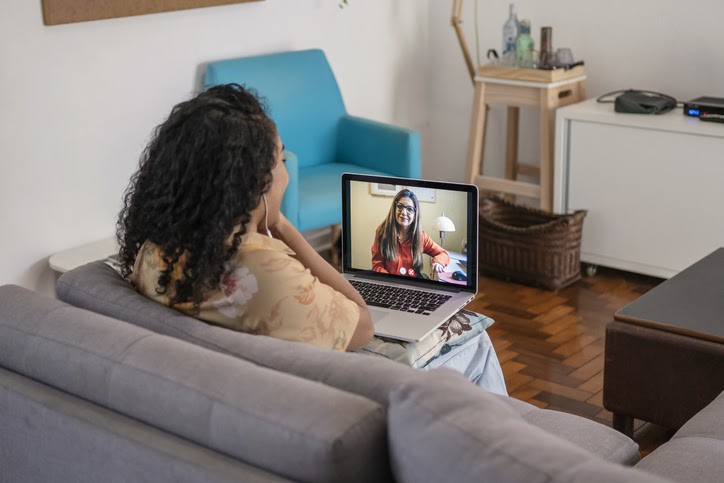
from JAMA 2025
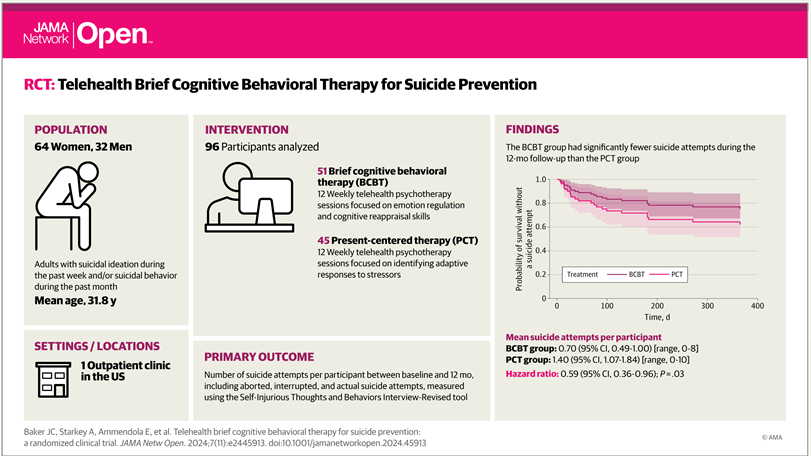
At-home, telehealth-supported ketamine treatment for depression: Findings from longitudinal, machine learning and symptom network analysis of real-world data (Mathai, et al, 2024)
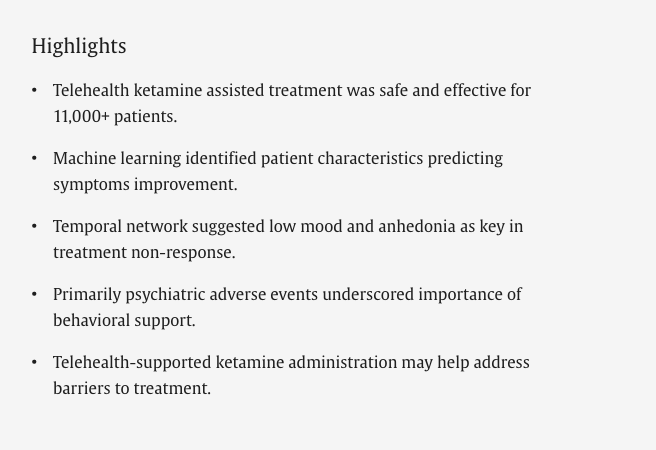

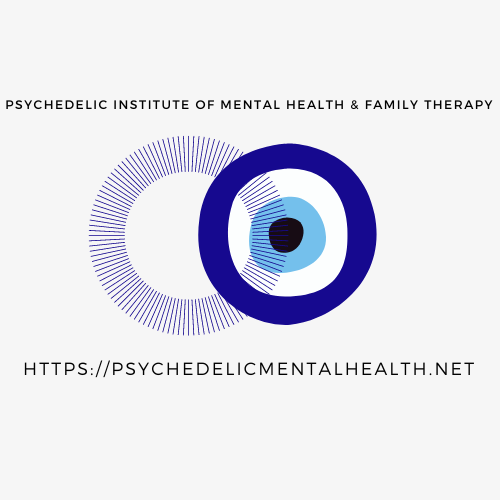
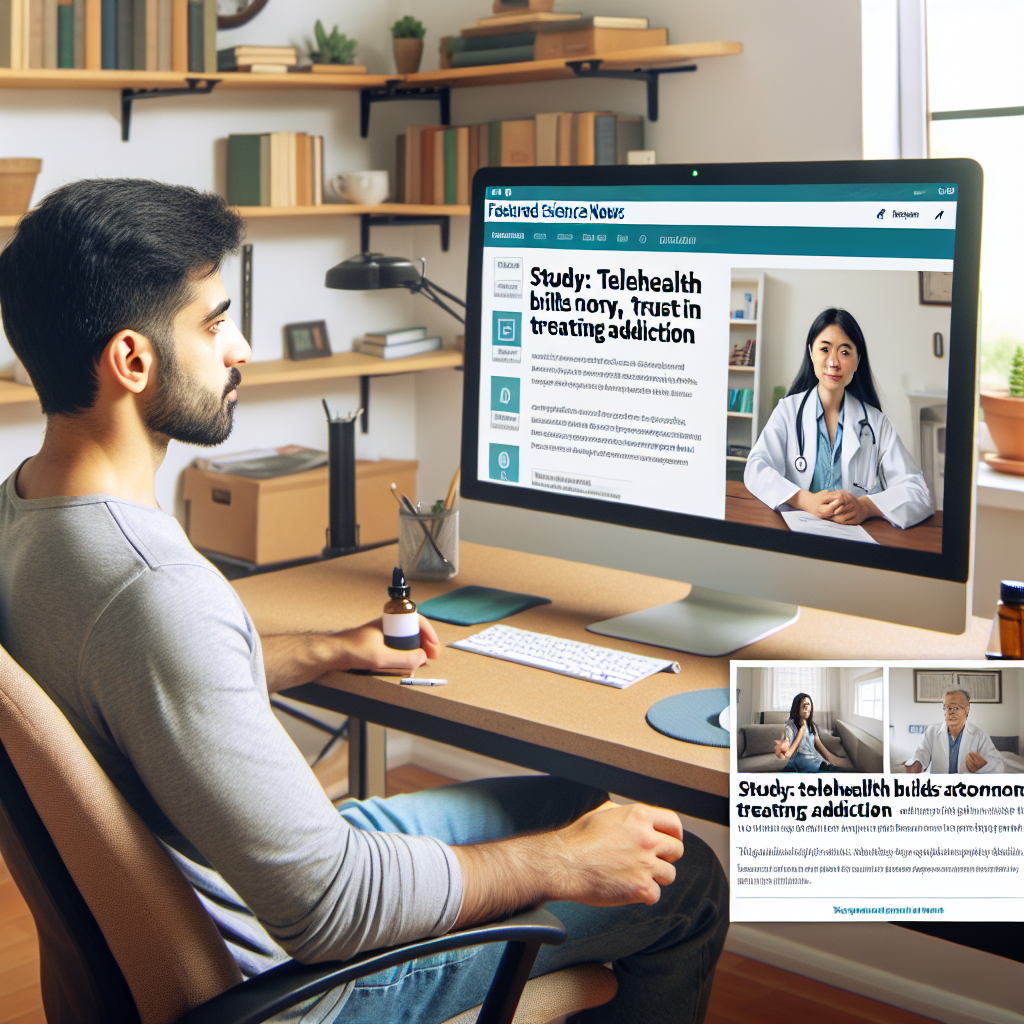

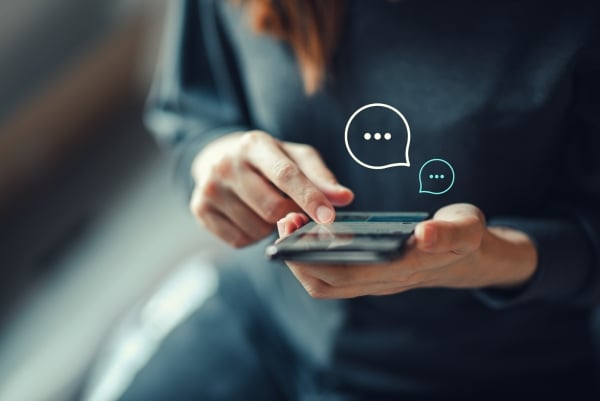
Digital Tech Moves Depression Management Beyond Telemedicine


"Results suggest telehealth as a viable care alternative with no significant differences between in-person and telehealth groups in depressive symptom reduction, and significant increases in self-reported quality of life across both groups."


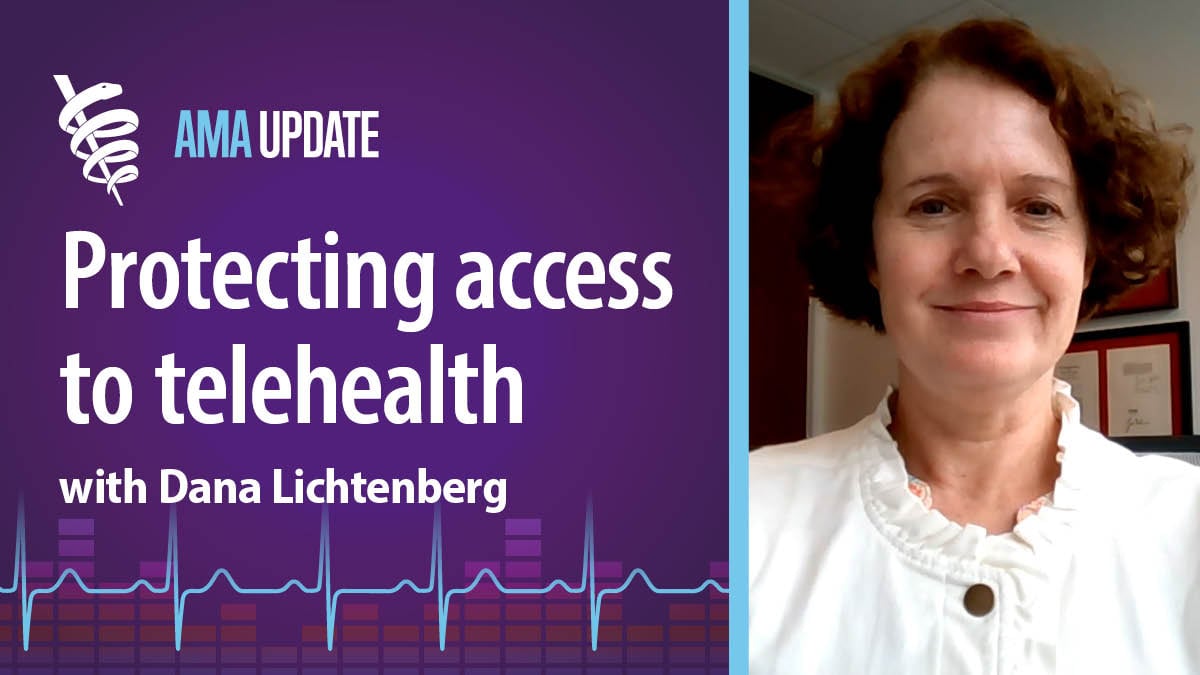
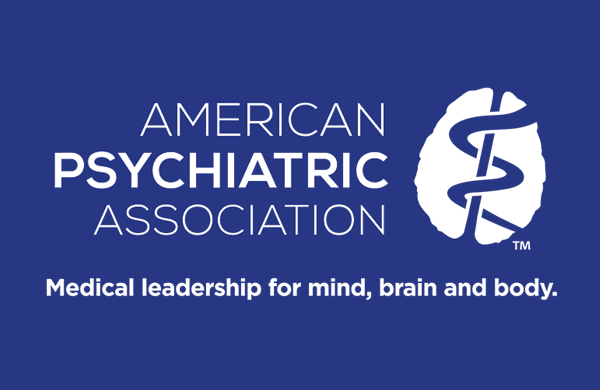
Digital CBT Interventions Predict Robust Improvements in Anxiety and Depression Symptoms: A Retrospective Database Study (Holley, et al, 2024)

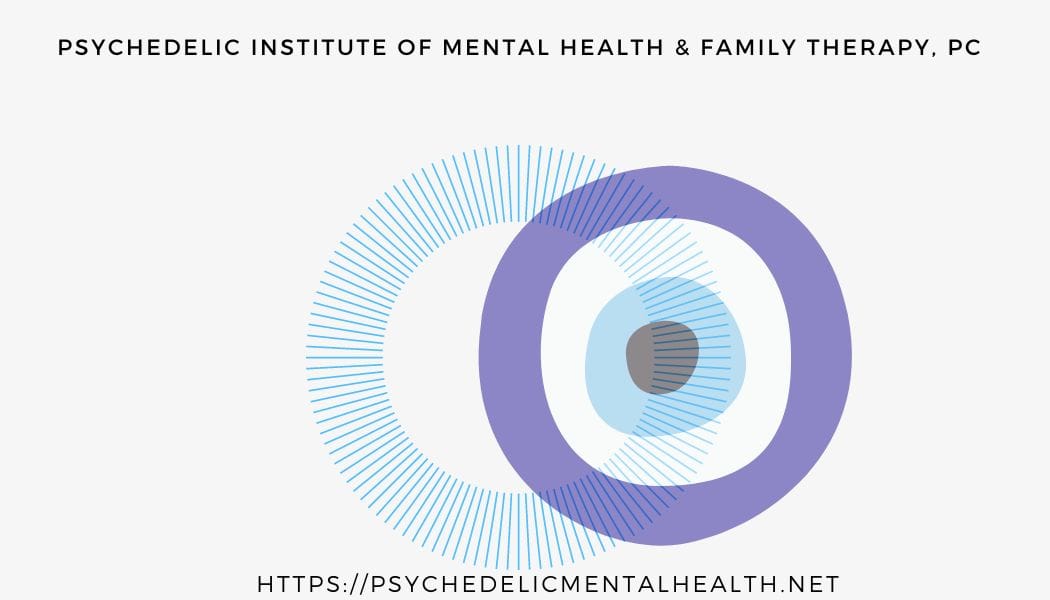
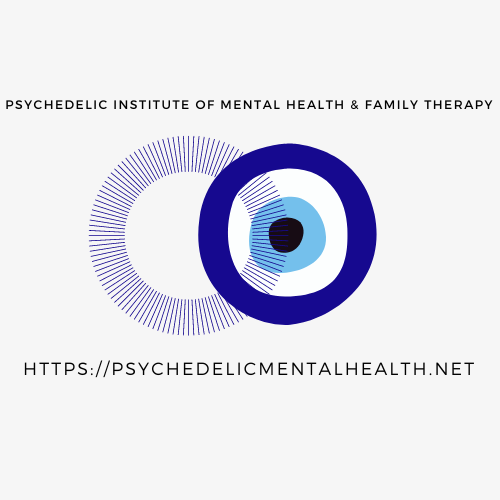
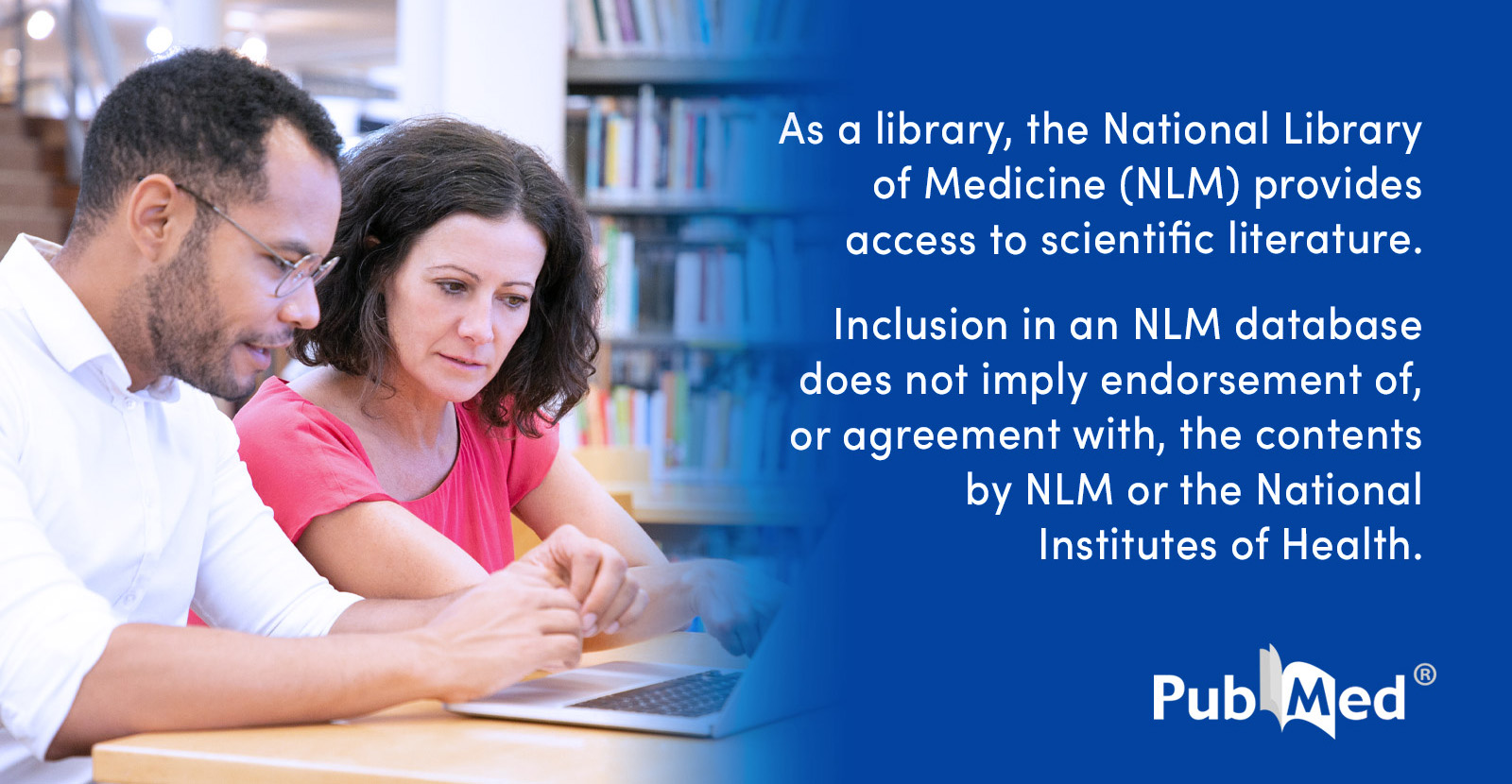
2025: A hybrid consultation model allows hospitalists and psychiatrists to collaboratively care for BHC inpatients with professionally and personally rewarding work.
